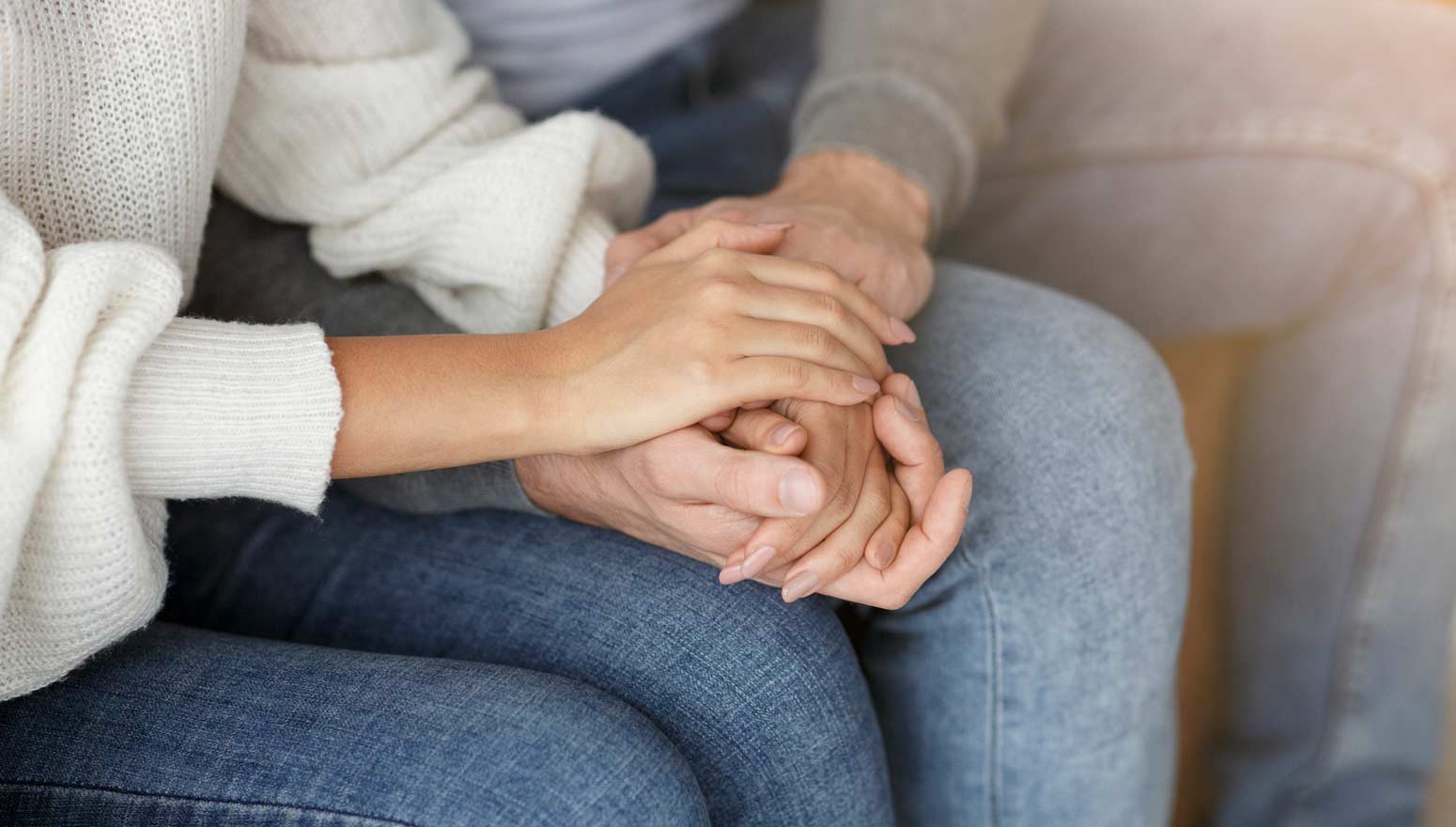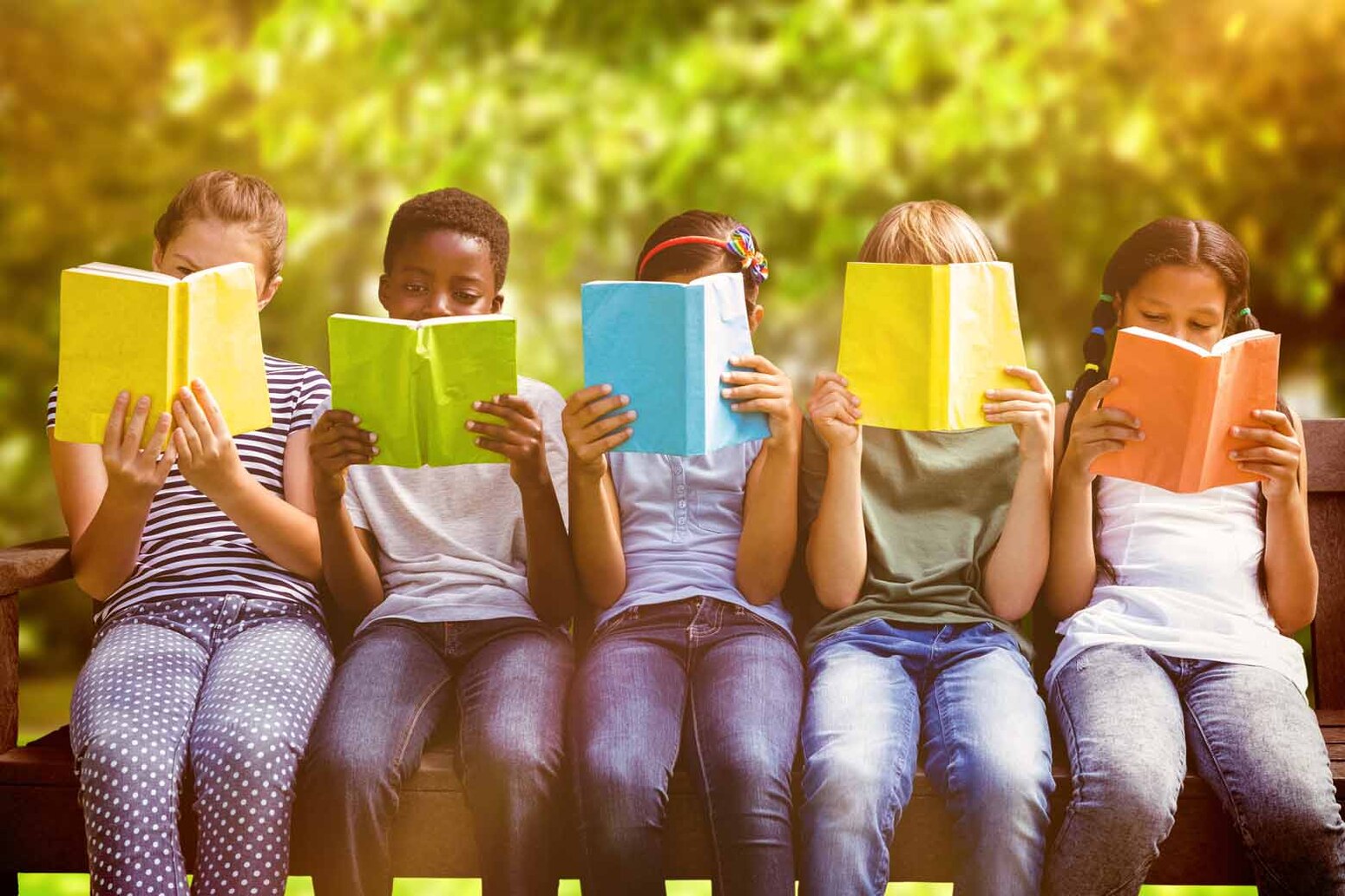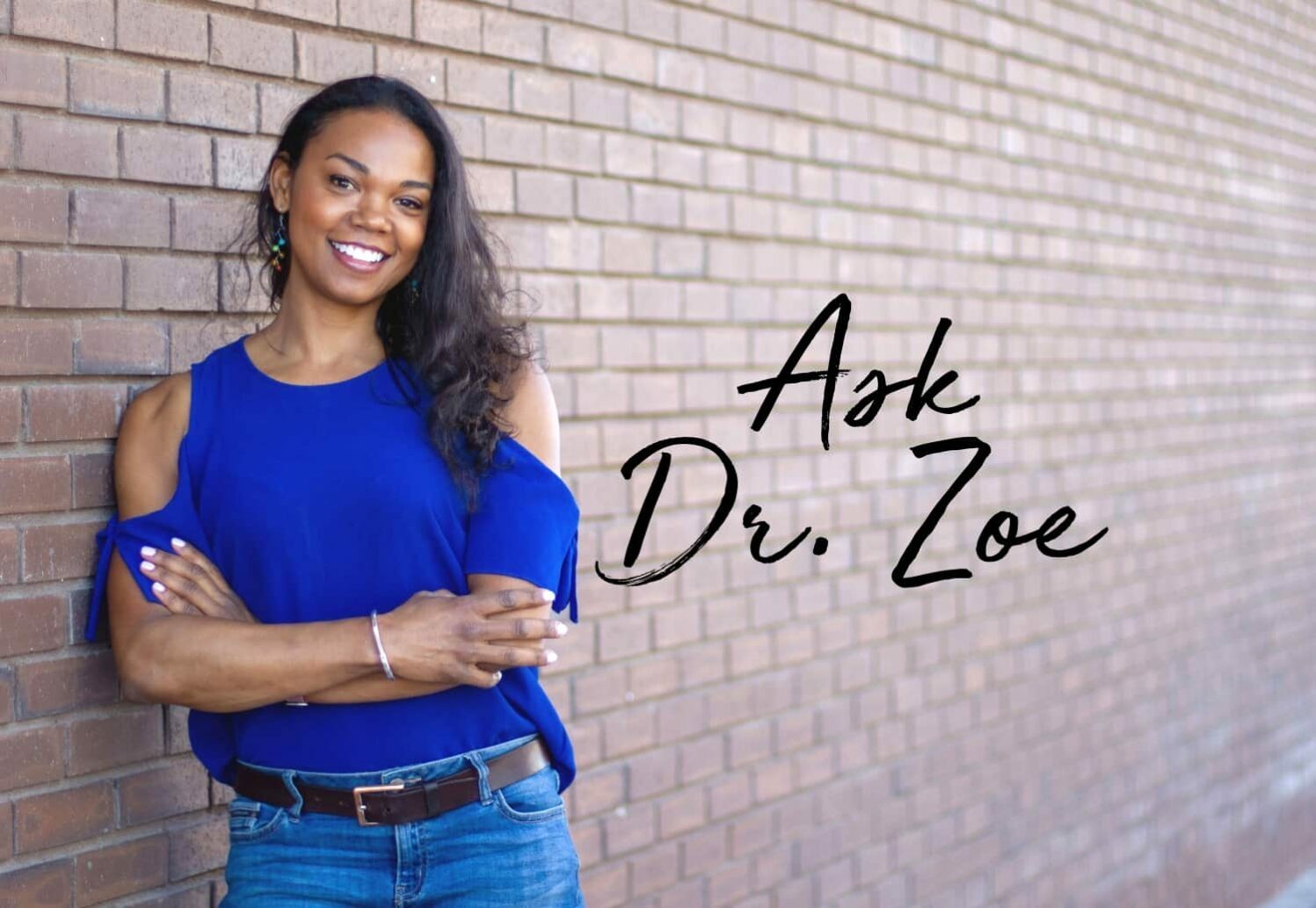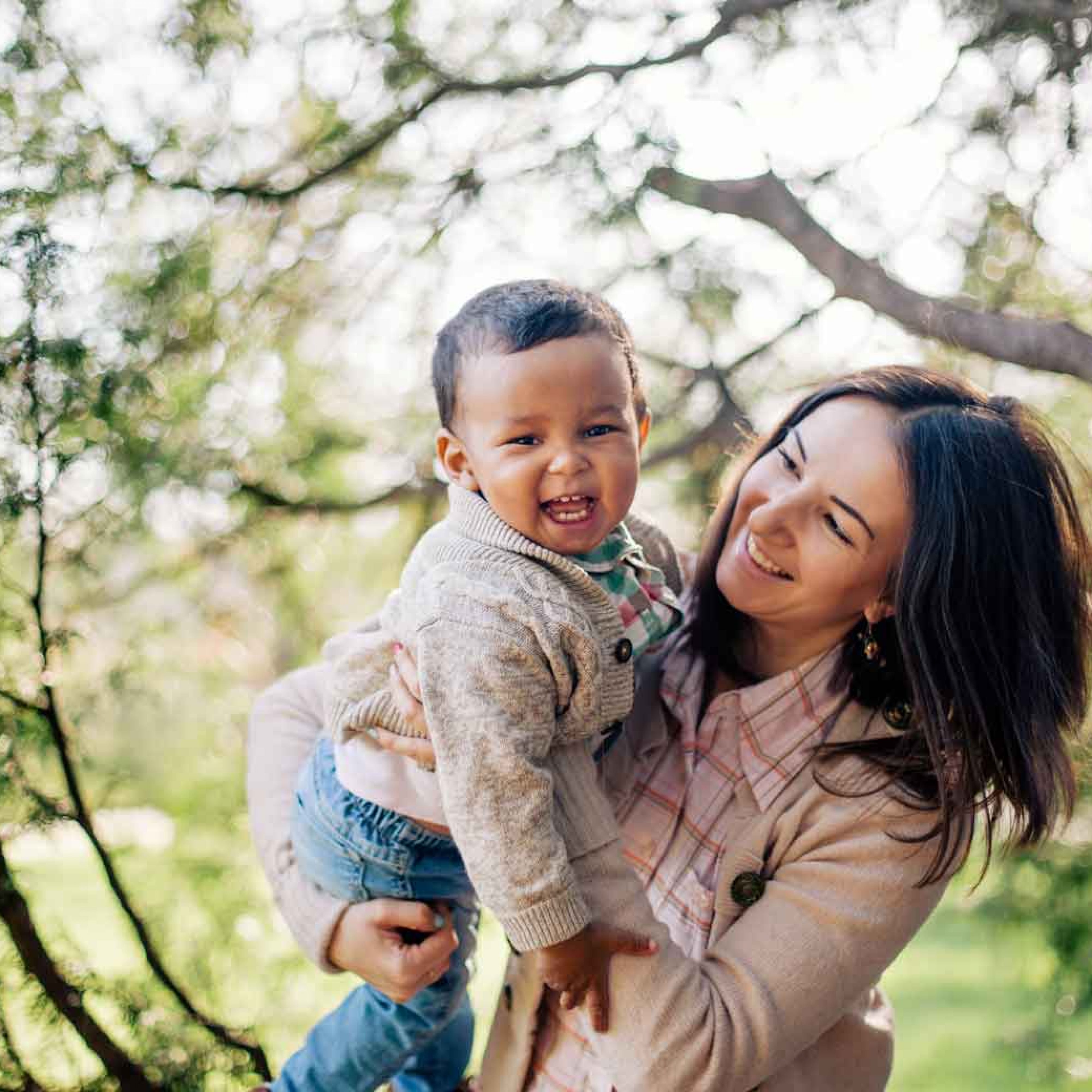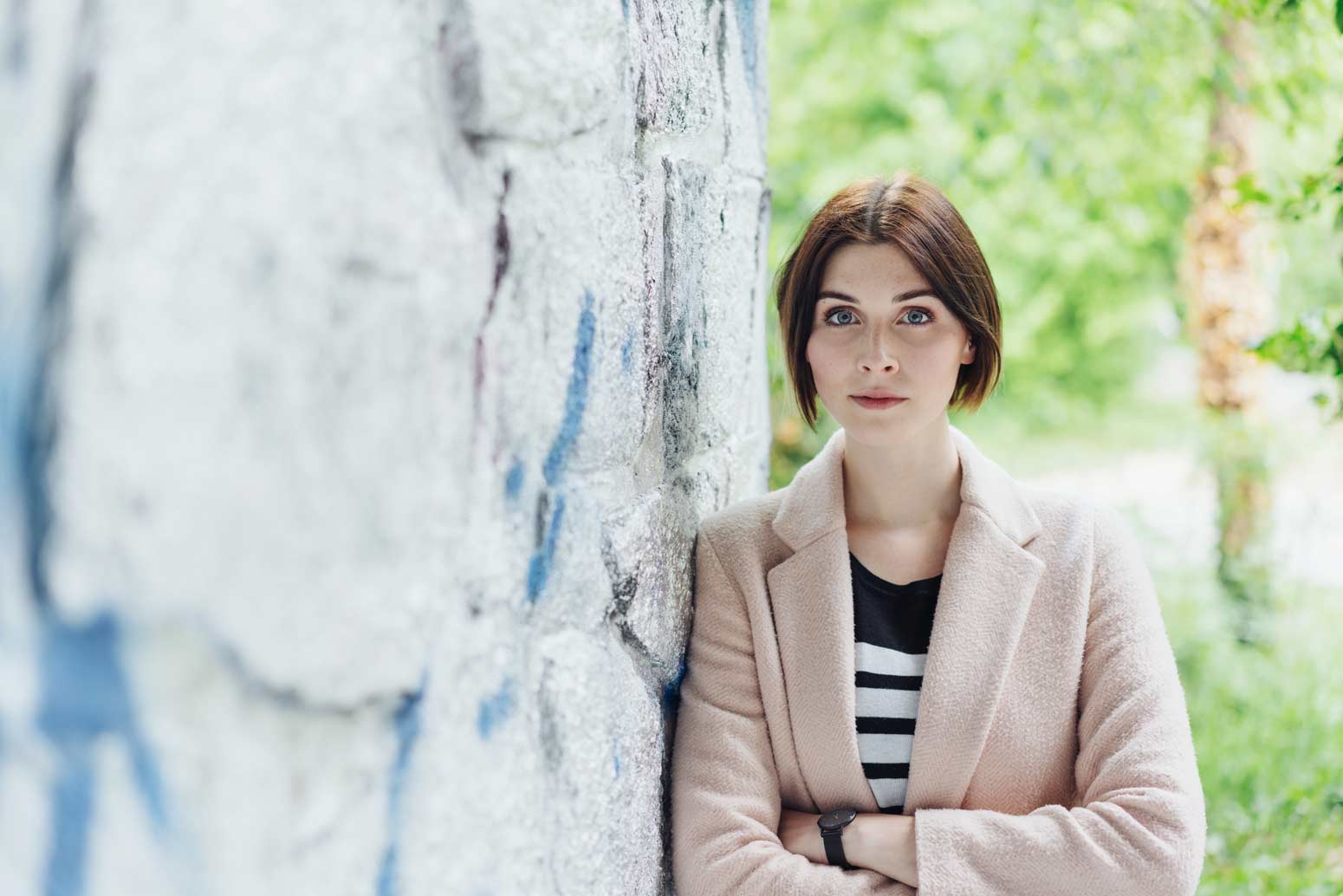I have been given the incredible opportunity to be a part of a multi-racial family. The role I have been chosen for is “mother.” My husband and I have two biological children: a charming boy (now 20 years old), and a creative girl (now 17 years old). We have adopted two children: a charismatic boy from Haiti (now 12 years old) and a corybantic girl from our hometown (now 3 years old). Yes, I had to look up that word, but it seemed to fit her well! “Wild or unrestrained, especially in pursuit of pleasure.” We have one foster baby, the cutie patootie (Urban dictionary definition: “someone so cute that the word cute itself has to morph into something cuter”), who is the brother of the aforementioned three-year-old.
My husband and I are high school sweethearts who met in the seventh grade. We were married at age 20 and had our firstborn son when we were 23. Three years later, our beautiful daughter entered our world and, as some would say, we had a “million dollar family”—a term often used by baby boomers and those older for no bona fide reason.
Life was good and we were content with the children God had blessed us with. They were true miracles, as both of them have “birth stories” that would keep you on the edge of your seat. We were complete. (Or so I thought.)
A couple of years later, as our daughter was approaching age two, my husband began to talk about adoption. I was not opposed to this idea, but I began to feel I would like to have one more biologically before we seriously considered it. However, through a moment of clarity at a concert where the artist spoke about the importance of taking care of the “fatherless,” I leaned over to my husband and said, through tears, “You can schedule a vasectomy.”
I was that confident that God wanted us to adopt. For me, it became obvious that there were so many children in this world already that needed a loving home; there was no valid point for me to bring another one into it. That night we began a five-year journey of adoption. During those years we struggled with doubt, frustration, confusion, and sorrow.
We were complete. (Or so I thought.)
We also experienced a loss that not many can relate to. We were in the process of adopting a precious five-month-old boy in Haiti who died suddenly, with no warning signs and no real explanation. He is our Steeve Josiah, who doesn’t get mentioned often as one of our children, and yet his life and death affected me in eternal ways that I will forever be grateful for!
Our Isaac came to us via another family “stepping down,” and no one could deny the timing or the events that occurred that led him straight into our family. Now we were complete. (Again…so I thought.)
Six years after Isaac’s adoption was finalized and we brought him home to America, our Chari Grace came to us at two days old. We had agreed to foster children as a way to serve our community. She eventually was freed for adoption and we were delighted to make her our own!
We thought for sure this time our family had reached its completion, as were definitely feeling our age! But God had another plan, and brought “baby brother” to us before Chari’s adoption was complete. We agreed to foster him, in hopes that the courts would see it in his best interest to stay permanently with his full biological sister. It was a roller coaster ride for 18 months, but as of June, he was freed for adoption and we look forward to the day we can “officially” make him a part of our forever family. And, yes, I have learned my lesson. Only God knows when our family is truly complete!
The first time we began our journey of adoption from Haiti, many questioned, “Why Haiti?” We will leave that answer for another article. However, many were concerned about the cultural differences for Isaac and our biological children. How would this affect our Caucasian, American children? Some considered it would be negative, some thought overwhelming, some beyond challenging. Me? Well, I believed if God designed this family, He would give us everything we needed to meet those challenges, questions, and differences. And He has done just that.
Tears fill my eyes as I think about the positive effect that adopting children with a different ethnicity has had on all five of them! Even as I write, my 20-year-old is getting ready to take his 12-year-old Haitian brother to play basketball with a bunch of his college-age friends. My 17-year-old girl has started a YouTube channel with her 3-year-old sister, because she is that funny, and my teenager is that creative! My 12-year-old Haitian son loves being in our “colorful” family. He describes us as “white, dark, light, and in the middle.”
One thing we have felt strongly about is keeping him connected to his culture.
From the time we brought him home at two years old, we have bought books, shared stories, and taken him back several times so that he would develop a love for his country and “his people.” We look forward to the day we can reconnect him to some of his biological family, as this is something he longs for. He has expressed sadness over never getting to know his biological mother, as she passed away shortly after his birth. We encourage him to continue to journal his thoughts and share his feelings. Though I cannot understand exactly what he is going through, as I have not been adopted and know my biological mother, I do care deeply and want to help him navigate through those feelings the best way that I can.
We live in Western New York, and have been fortunate enough not to be directly annihilated by the growing animosity that this country is facing regarding racial prejudice, though I most likely feel a deeper impact due to my family make-up. Isaac has been confronted with a few children who have not seemed to understand the weight of their comments. So, we have addressed those and reminded him that often, ignorance plays a role in the negativity expressed. That no matter what, he knows his significance and no one’s words can take that away. His value doesn’t lie in the color of his skin, or his abilities, or who approves of him. His worth is found in the truth of the One who created him.
His value doesn’t lie in the color of his skin, or his abilities, or who approves of him.
Most people that we encounter, in regards to fostering and adopting, are extremely positive about the mission we are on as a family. The majority of critical comments are directed towards our two younger children’s biological mother. She is very young and has birthed five children, and none of them are in her care. So, immediately their thoughts go to judgment. “Why is she allowed to continue to have children when she is unable to care for any of them?” “Doesn’t she know what birth control is?” These are valid questions. However, when asked, most of the time they are not accompanied with compassion and tenderness. We try to explain that the system is broken. And none of us have walked in her shoes. Until you have, you cannot possibly understand her and her ways of surviving. We have heard her “story” and it has created compassion in us, and an authentic love for her, even when we do not agree with her choices.
There have been and will continue to be challenges along the way. But each day I pray for wisdom as to how to address them, how to make each child feel as special and unique as they are, and most importantly to encourage them each to love no matter what color, what age, what personality conflict, what character flaw they might feel the other has.
The journey began with tears, through clarification. It has been infused with tears containing pure and sacred delight. It has been sprinkled with tears from exhaustion. And I am confidant it will continue with tears of joy, as I have the utter privilege to play this role of “mother” to my five (and possibly counting) most precious, perfectly chosen children.
—
To read about one mom changing her views on discipline and parenting after bringing her adopted children into the family, don’t miss When You Want to Completely Change Your Parenting Style.
You’ll also like How to Teach Your Child Not to Hold Prejudices, Infertility Is an Interruption, but Not the End, 5 Simple Ways to Keep Dr. King’s Dream Alive, Want to Help Foster Kids? How to Become an Advocate, and What My Faith Says About Race.
#gritandgracelife

